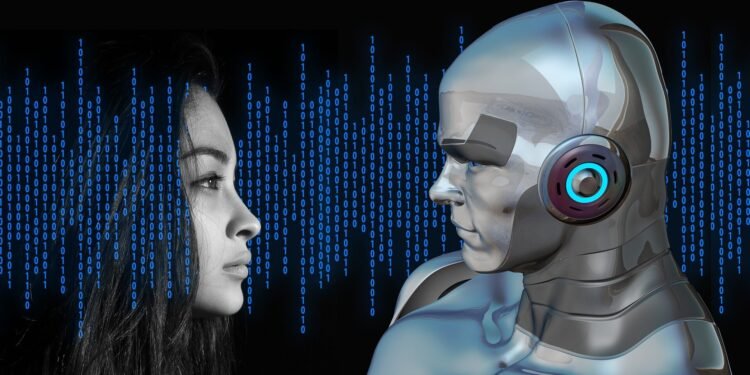
The UN secretary-general on Thursday set up a panel of experts to make recommendations in the field of artificial intelligence, a technology with “transformative potential” yet also great risks to democracy and human rights.
“The last year has seen an extraordinary advance in the capabilities and use of artificial intelligence (AI), through chatbots, voice cloning, image generators, video apps and more,” Secretary-General Antonio Guterres said.
He called on the panel to race “against the clock” and make recommendations on how to govern the use of AI by the end of 2023, identifying the risks it poses and the opportunities it presents.
“In our challenging times, AI could power extraordinary progress for humanity,” Guterres said, referring to advances in areas like public health, education and even the fight against climate change.
“But all this depends on AI technologies being harnessed responsibly.”
He said the groundbreaking technology is “concentrated in a handful of companies and countries.”
“The potential harms of AI extend to serious concerns over misinformation and disinformation; the entrenching of bias and discrimination; surveillance and invasion of privacy; fraud, and other violations of human rights,” he warned.
Guterres said he didn’t want to enter into doomsday scenarios, but noted that “AI could undermine trust in institutions, weaken social cohesion, and threaten democracy itself.”
Guterres picked some 40 experts in technology, law and personal data protection—coming from academia, government and the private sector—to sit on the panel.
They include Amandeep Singh Gill, Guterres’s special envoy for technology; James Manyika, vice president in charge of AI at Google and Alphabet; Mira Murati, technical director of ChatGPT developer OpenAI; and Omar al-Olama, minister of AI in the United Arab Emirates.
© 2023 AFP
Citation:
UN panel to recommend how to govern use of AI (2023, October 27)
retrieved 27 October 2023
from https://techxplore.com/news/2023-10-panel-ai.html
This document is subject to copyright. Apart from any fair dealing for the purpose of private study or research, no
part may be reproduced without the written permission. The content is provided for information purposes only.










